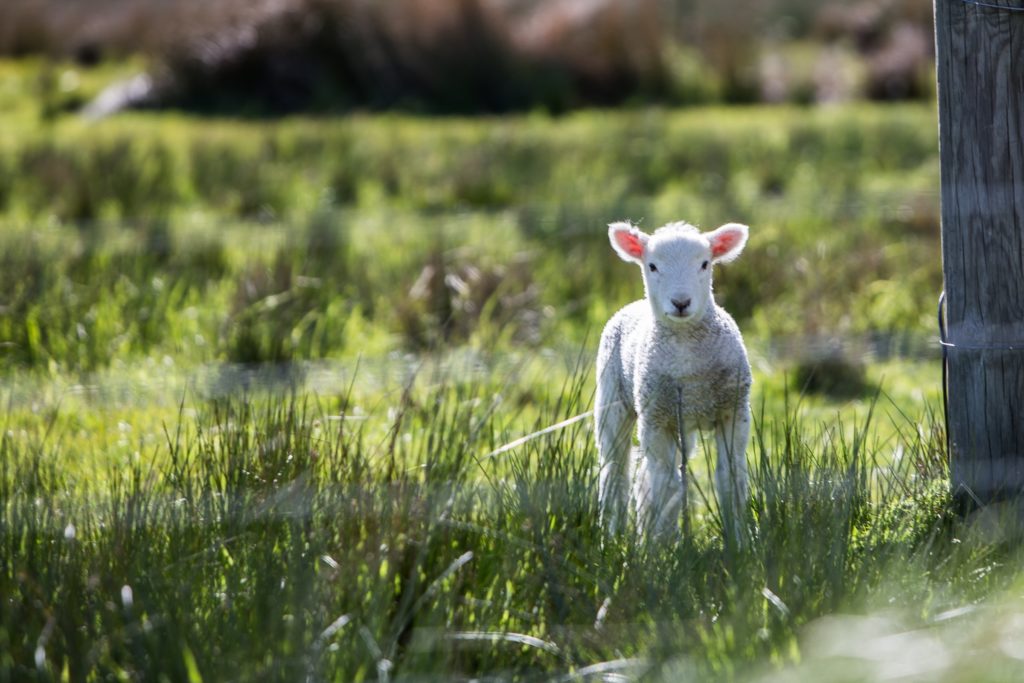 Luke records in his gospel a time when people of less than sterling reputation were gathering near Jesus to listen to his wisdom, to experience his kindness, and perhaps to be set free of their sickness and oppression, as they often did. And as the Pharisees often did, they were grumbling and complaining about such gatherings. They didn’t like the compassion or camaraderie with people of questionable character. They held people to high standards of conduct and provided no aid or compassion when they fell short. They praised people who maintained the appearances of propriety and condemned those who didn’t.
Luke records in his gospel a time when people of less than sterling reputation were gathering near Jesus to listen to his wisdom, to experience his kindness, and perhaps to be set free of their sickness and oppression, as they often did. And as the Pharisees often did, they were grumbling and complaining about such gatherings. They didn’t like the compassion or camaraderie with people of questionable character. They held people to high standards of conduct and provided no aid or compassion when they fell short. They praised people who maintained the appearances of propriety and condemned those who didn’t.
Appearances can be deceiving and judging them a fool’s errand. When we do so, we often judge in error. The Pharisees regularly judged Jesus this way, condemning him for what they viewed as sins and shameless behavior, when what they were actually witnessing was his compassion and care for others, demonstrating the very heart of the God they proclaimed to worship. They were wrong in their judgement just as we often are.
On a previous occasion, Jesus had defended such outreach by stating that it is not the healthy who need a physician, but the ill. On this occasion, he told some stories, stories about lost things; lost sheep, lost coins and finally lost relationships. Jesus, always after our hearts and relentless in exposing truth, knew the Pharisees could relate to the first two stories about things of monetary value such as sheep and coins. I am sure that they were shaking their heads in agreement as he finished these stories.
 Yet the final story was a punch to their gut. This story was about a spoiled kid who demanded his inheritance prematurely, bringing shame and dishonor to his family, specifically to his Dad. He took the money, then left the family home and business and squandered the hard-earned fortune in a foreign land. He was alone and starving when he realized his mistake and decided to go home. He knew his Father was good and treated everyone fairly, including his employees, and he was certainly looking for a little kindness and compassion.
Yet the final story was a punch to their gut. This story was about a spoiled kid who demanded his inheritance prematurely, bringing shame and dishonor to his family, specifically to his Dad. He took the money, then left the family home and business and squandered the hard-earned fortune in a foreign land. He was alone and starving when he realized his mistake and decided to go home. He knew his Father was good and treated everyone fairly, including his employees, and he was certainly looking for a little kindness and compassion.
When he arrived home, his father lavished love and forgiveness on him and instead of dwelling on his repentance, threw a party. There was no mention of the lost fortune or lamenting the sins of the past. The Pharisees, much like the older brother in the story, were scandalized, outraged by the outlandish generosity of the Father to this undeserving son. How could he be tolerated, much less celebrated and how could this be fair?
In this story, Jesus revealed the true nature of their hearts contrasted with his. They valued things (sheep and coins), he valued family. They put money and propriety above everything else. He put people first, above money and propriety. All three stories celebrated the finding of lost things. Yet, this final story contained the biggest celebration of them all!
Things aren’t lost intentionally. They are lost by accident, or when one is careless or not paying attention. We all are lost from time to time. The prophet Isaiah agreed when he wrote “We all, like sheep, have gone astray, each of us has turned to our own way; and the LORD has laid on him the iniquity of us all” (Isaiah 53:6 NIV). Thanks be to God that he celebrates the finding of lost things, saving the greatest celebration for us!
